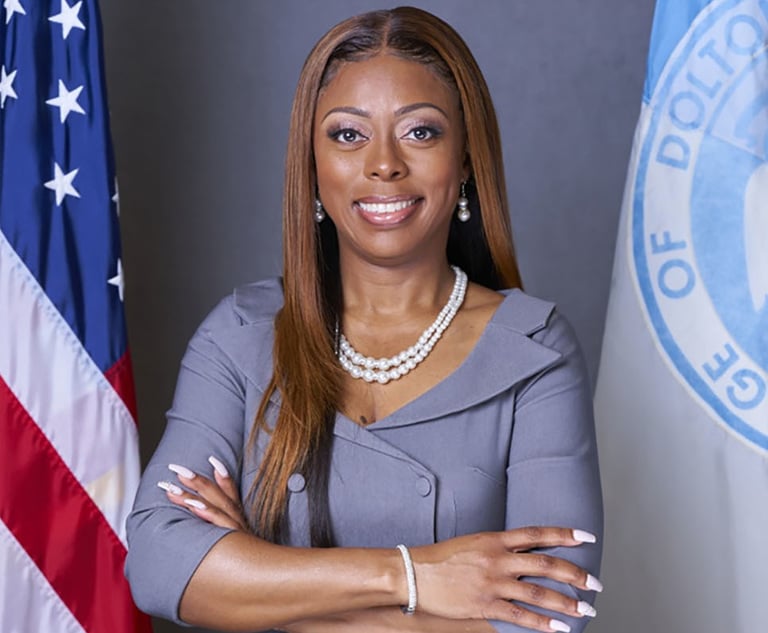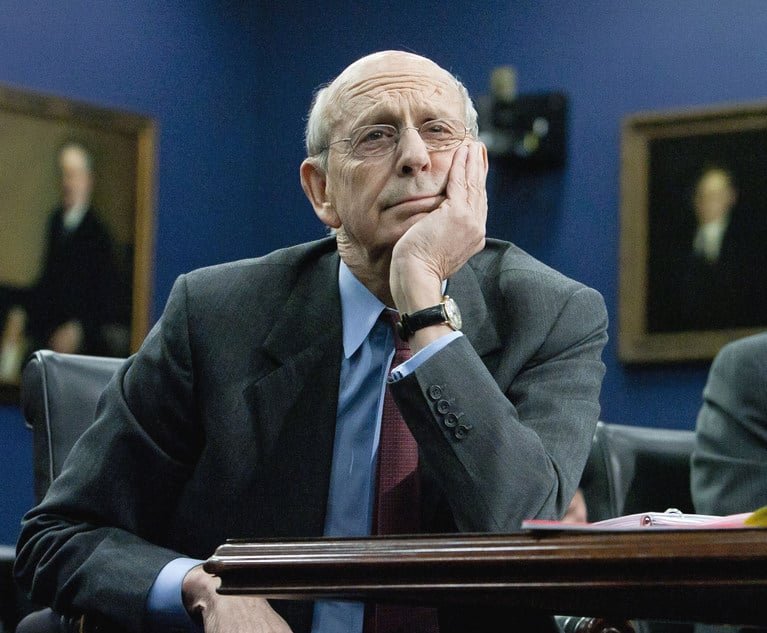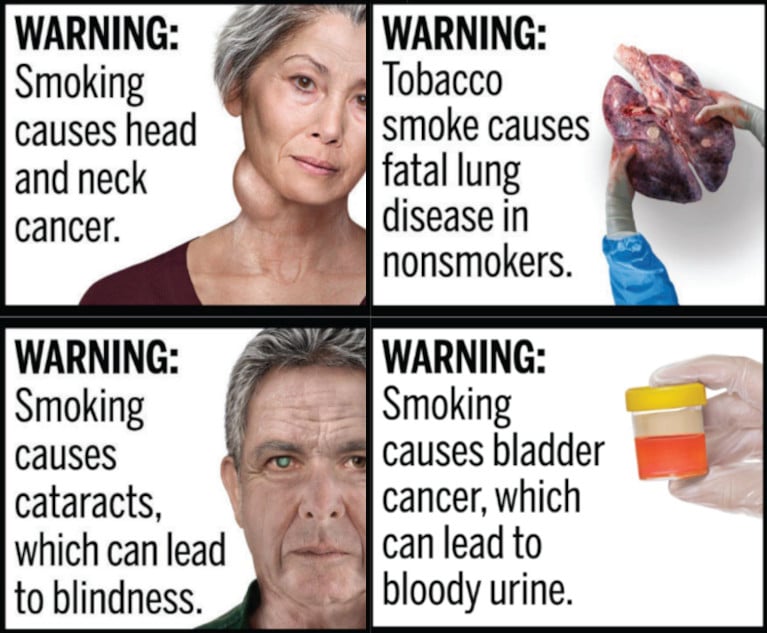A trial court’s decision that audio from a 10-second cellphone video was inadmissible hearsay violated a Washington state man’s constitutional right to present a defense, the state’s Court of Appeals held last week.
A split three-judge panel reversed Darnai Vaile’s his conviction for resisting arrest related to an incident at a Spokane Valley bar, where he approached police with a knife and was later arrested using brute force after a struggle.
Police were called to the Peking Palace Restaurant after Patricia Murray reported that Vaile kissed her without her consent. A trial court’s jury initially found him not guilty of two counts of third-degree assault, but guilty of resisting arrest.
At trial, Vaile presented Murray’s 10-second cellphone video of his struggle with police and eventual arrest. It contained audio statements made by the person recording and Vaile, who can be heard saying that he is “not doing nothing. I’m putting my arm right here.”
The trial court agreed with defense counsel’s argument that the statements in the video fell within the hearsay exception as an “excited utterance and then-existing condition,” but also said in passing that Vaile could testify about his statements in the video, the May 11 opinion said.
On appeal, the majority said the exclusion of Valie’s recorded statements while acknowledging that he can later testify about what he actually said puts Vaile in the position of waiving his right to remain silent if he wanted the evidence introduced.
“And while Vaile did testify that he told police that he could not put his wrists together, the recorded statement would have corroborated his testimony and likely would have carried more weight and credibility than his trial testimony,” Judge Tracy A. Staab wrote for the majority. “When this highly probative evidence is balanced against the lack of prejudice to the State, we conclude that excluding Vaile’s recorded statement violated his right to present a defense.”
Vaile’s defense to his charges of resisting arrest partially relied on the statements made in the video since it allegedly contained statements from Vaile about his attempt to comply with the officer’s commands. Additionally, the state’s application of the balancing test was improper, the majority said.
“While it characterizes Murray’s statements as an ‘inebriated monologue,’ the [s]tate does not demonstrate prejudice from Murray’s statements and makes no attempt to claim that Vaile’s statement was prejudicial,” Staab wrote. “The [s]tate points out that Vaile called several witnesses, all of whom testified that Vaile was being compliant, and Vaile himself was allowed to testify as to the statement he made while being arrested. We disagree with the [s]tate’s application of the balancing test.”
Chief Judge George B. Fearing wrote a partial dissent, saying that while he agreed with the majority’s reversal for Vaile’s conviction for resisting arrest, he would have directed the dismissal of the charge based on race-based government misconduct.
“Reversal and remand for a new trial does not suffice to correct the prejudice debasing African-American Vaile’s prosecution. At the least, I would call for briefing from the parties on the remedy of dismissal or remand to the superior court for a hearing on dismissal because of government misconduct. Despite Vaile not seeking dismissal, this court holds authority to address and grant this relief.”
Lila Silverstein, of the Washington Appellate Project in Seattle, represented Vaile and applauded Fearing’s opinion for recognizing the racial prejudice that plagues the legal system and has been highlighted in recent years following the death of George Floyd.
“The Court of Appeals properly reversed Mr. Vaile’s convictions because the trial judge wrongly excluded statements he made when three white police officers were on top of him,” Silverstein said. “Remarkably, the prosecutor argued the statements were not admissible ‘excited utterances’ because, in the prosecutor’s view, Mr. Vaile was not under the influence of a stressful event. Mr. Vaile is a Black man who was face-down with three white police officers on top of him, and one of them literally had his knee on Mr. Vaile’s neck. He told them he was trying to comply with their commands, yet they charged him with resisting arrest. He is lucky he wasn’t shot to death.”
Chief Criminal Deputy of the Spokane County Prosecuting Attorney’s Office Preston McCollam told Law.com that Fearing’s separate opinion “turned back the pages on the constant fight to end violence against women in our community and across this nation” for his minimization of the conflict that led police to arrest Vaile.
McCollam also noted Fearing’s pejorative use of describing Murray as a “Karen” for calling the police to report Vaile’s alleged sexual assault. He also pointed to the fact that the majority only reversed on the evidentiary hearing issues and did not involve itself with intentional racism or apathy.
“This resurrection of the rape culture mindset that an unwanted sexual advance should be ignored is not something the Spokane County Prosecutor’s Office supports,” McCollam said. “We have fought long and hard alongside our law enforcement and community partners to stamp out such offensive conduct. A crime victim’s access to justice should never depend on their assailant’s skin color or on the skin color of a crime victim. To suggest otherwise is a miscarriage of justice. Moreover, the suggestion that the law enforcement response in this case was predicated on race is patently false as borne out by the record.”
Larry D. Steinmetz and Gretchen Eileen Verhoef, of the Spokane County Prosecuting Attorney’s Office, represented the state.
NOT FOR REPRINT
© 2024 ALM Global, LLC, All Rights Reserved. Request academic re-use from www.copyright.com. All other uses, submit a request to [email protected]. For more information visit Asset & Logo Licensing.

 Credit: Marek Yuralaits/Adobe Stock
Credit: Marek Yuralaits/Adobe Stock









